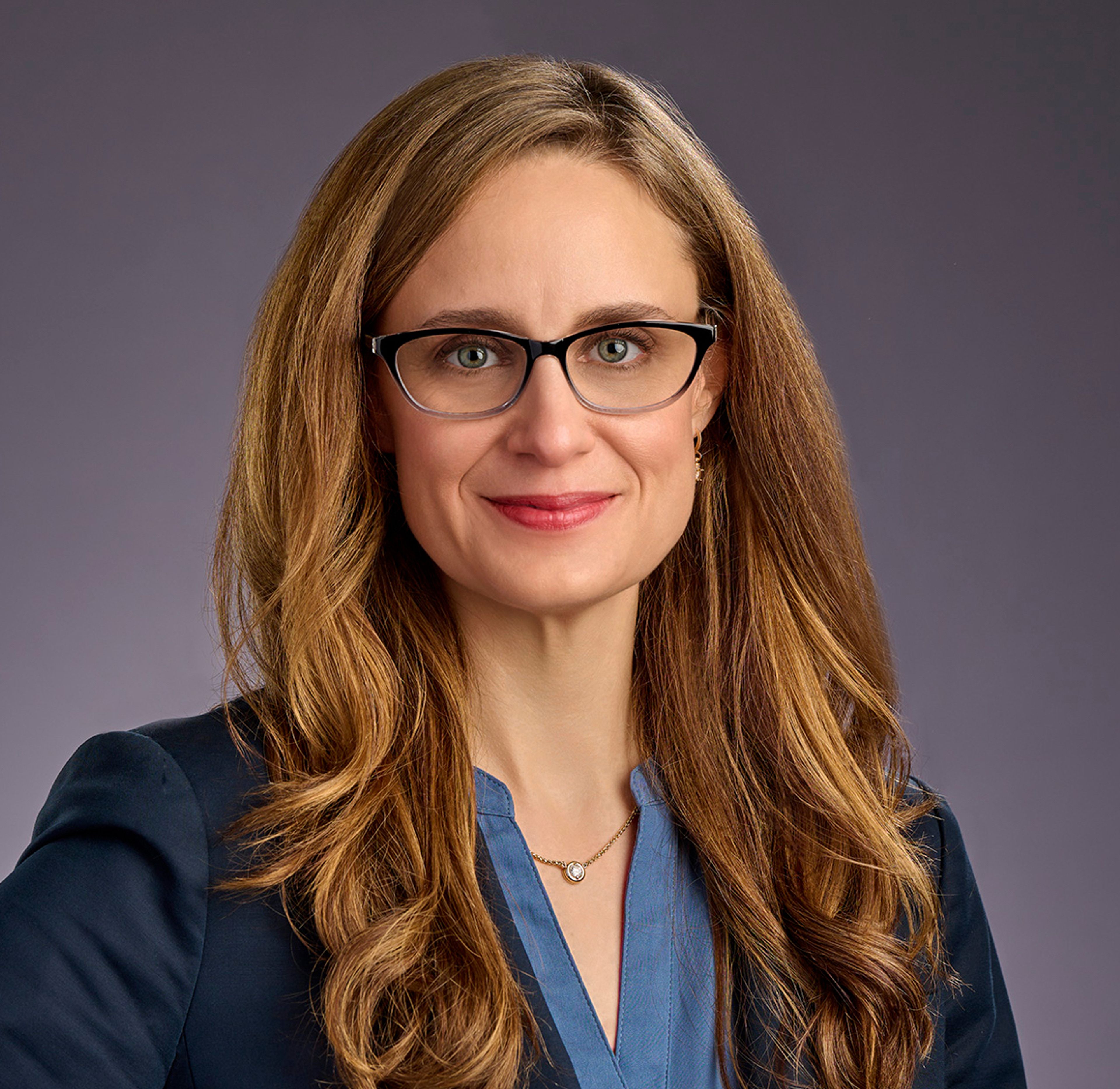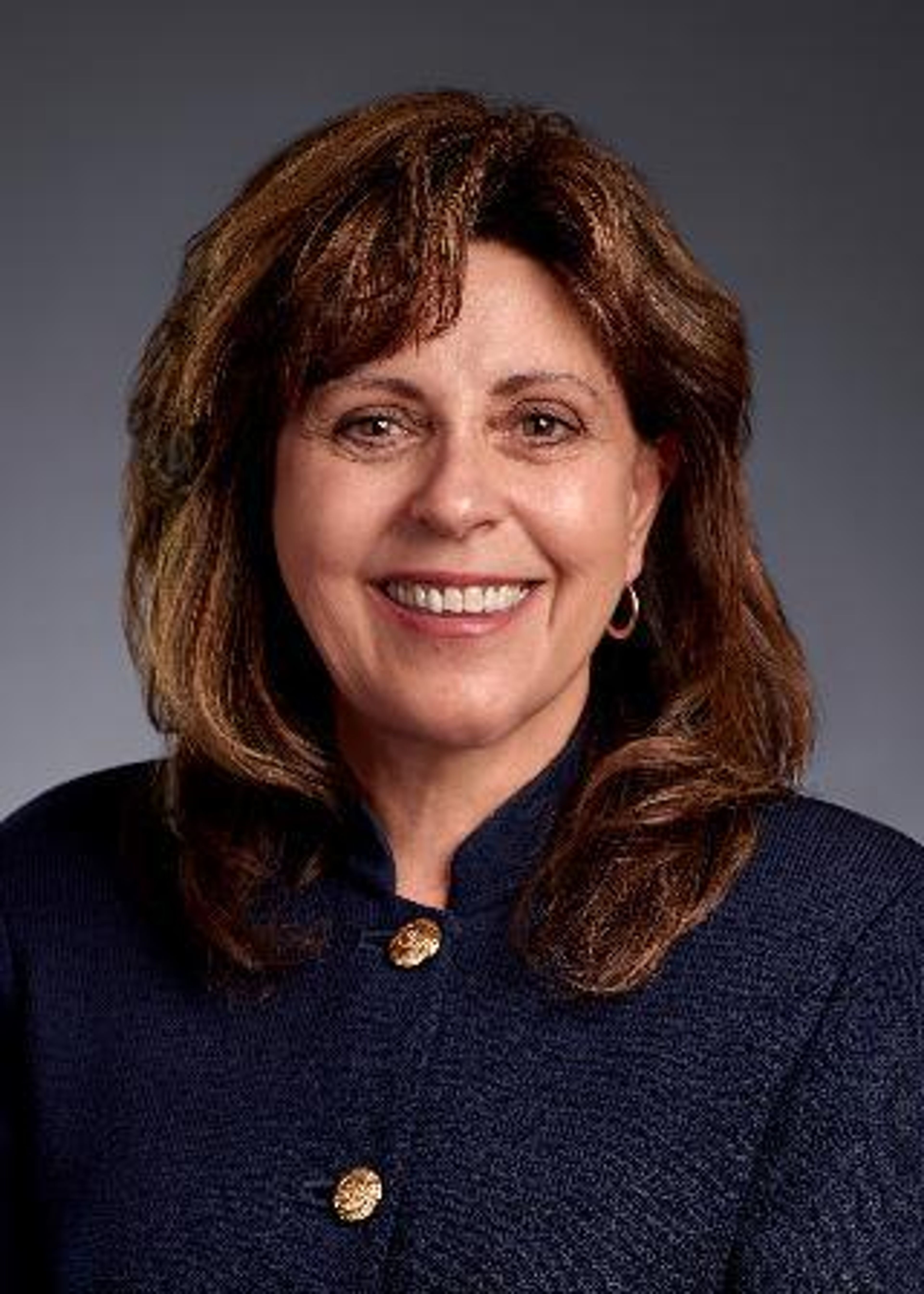A bit of Idaho intrigue
Not every item on the Gem State’s Nov. 5 election ballot is a foregone conclusion; a few legislative races and Prop 1 expected to be tossups
BOISE — In a deeply red state like Idaho, it could be easy to overlook the November general election.
But on the ballot, below the presidential candidates, are all the legislative seats across the state, and at least four districts out of Idaho’s 35 districts feature regularly competitive races. Also on the ballot is Proposition 1, which would change Idaho’s election system and has faced strong support from former officials and strong opposition from currently elected Republicans, including Gov. Brad Little.
In a presidential election year, the Idaho Secretary of State and county clerks are anticipating high turnout.
Below are some of the local races and issues to watch.
LEGISLATIVE RACES
For the state’s minority party, issues like “school choice,” abortion rights, the Idaho Launch program and Medicaid expansion are all at stake on Nov. 5. The Republican candidates have varied stances on these issues.
The Idaho GOP did not respond to an email or phone message requesting an interview for this story.
“That Idaho Democratic party is executing the most robust coordinated campaign in history,” party chairperson Lauren Necochea said.
Districts 6, 15, 26 and 29 are all in areas that are either currently represented by both Republicans and Democrats or were prior to the last legislative election two years ago. These districts encompass areas around Latah County, West Boise, Blaine County, and Pocatello.
There are 11 Democrats in the House, out of 70 total members, and there are seven Democrats in the Senate out of 35 total senators.
The Idaho Democrats are pouring more money and effort into these races than they ever have, Necochea said.
This year, the party is expected to spend $1.8 million on the election; two years ago, the Democrats spent $1.36 million. The party spent $232,000 on advertising, compared to $64,000 in 2022.
The Idaho Democratic Legislative Campaign Committee has raised more than $500,000 this year, with $259,357 of that coming from individual donors rather than other PACs or companies, according to campaign finance data.
The Democrats have been engaging in door-knocking and advertising efforts in the competitive districts and have engaged in the “most extensive voter registration and get out the vote operation that we’ve ever had,” Necochea said.
The Idaho Republican Party PAC has this year raised $224,745, and $920 of that came from individual donors, according to campaign finance data. Individual county and legislative district Republican central committees have also raised significant funds.
Necochea said that, historically, large turnout in presidential election years seems to bring out more Republicans in Idaho. This year, she’s hoping that will be different.
The issues at the center of this election, Necochea said, include Medicaid, Idaho Launch, the idea of school choice, and Idaho’s felony abortion law.
In 2018, Idaho voters approved an initiative that expanded Medicaid coverage to more people. In January, the Idaho Department of Health and Welfare told the Tribune that around 100,000 people were enrolled in the program. Citing increasing costs, there have been efforts over the years to reduce or repeal the program.
Necochea said she sees this as an issue that some Republicans could try again the coming session, and that Democrats would oppose it.
She also highlighted that some Republicans would like to repeal Idaho Launch, a grant program for graduating high school seniors in the state to pursue in-demand career training or education. The program narrowly passed the last two years, with some saying it needed to support Idaho’s workforce needs and others saying it’s a “handout” and not the role of government.
Another ongoing issue has been the concept of school choice when it comes to allowing state funds to go toward private education tuition. Multiple proposals on this topic have come forward in the last few years, with strong monetary support, and Republicans have been divided on the issue. Many of those Republicans who had opposed the proposals faced targeted negative ads and lost in their primary contests.
“By very narrow votes, usually with Democrats making a difference, we’ve been able to hold those bills in committee,” Necochea said. “If we don’t gain ground and elect a few more Democrats, we could see vouchers unleashed in Idaho.”
The races in these more purple districts tend to be close. In the 2022 District 6 Senate race, Republican Dan Foreman, of Viola, won the general election contest by 428 votes.
In West Boise’s District 15, Democrat Rick Just won the Senate seat by 327 votes.
In District 26 near Sun Valley, Democrat Ned Burns won his House Seat A contest by just 37 votes. Republican Jack Nelson won the House Seat B race by 84 votes.
PROPOSITION 1
The ballot measure known by its supporters as the Open Primaries Initiative has been the center of a campaign effort that’s garnered millions of dollars in favor and faced strong opposition from the Idaho GOP and legal challenges from the Idaho attorney general.
If passed, it would open the primary election to voters of any party affiliation, and all candidates — regardless of political party — would participate in the same contest, with the top four advancing to the general election.
In the general election, voters could rank their choices and the winner would be decided through instant runoff voting, also known as ranked-choice voting.
After the first choices of all ballots are counted in the first round of counting, the candidate with the fewest votes would be eliminated. Votes for the eliminated candidate would be counted toward the voters’ next choice — this process repeats until two candidates remain and the one with the most votes will win.
In the end, each voter still only casts one vote that counts, but the process for tabulating the results is different.
Supporters say the system will ensure that candidates with support from the majority of voters are elected and that it’s a tool to prevent extreme candidates from moving on. Opponents say it’s confusing and may be costly to implement.
Secretary of State Phil McGrane previously told lawmakers his office estimates it may cost between $25 million and $40 million to purchase equipment capable of the ranked choice tabulation. Supporters argue there’s a low-cost software available that’s used in Utah and elsewhere that would be less expensive to roll out.
The political action committee in favor, Idahoans for Open Primaries, has raised around $3 million and spent around $350,200 on electioneering. Roughly $1.9 million of its contributions came from out-of-state groups that support election reforms, such as Unite America, and individuals.
Multiple PACs and groups have raised and spent funds to oppose Prop 1.
Idaho Rising, chaired by House Speaker Mike Moyle, has spent $241,000 on broadcast advertising to oppose the ballot measure, the Idaho Capital Sun reported. Republicans for Idaho, of Idaho Falls, has spent $86,000, the Capital Sun reported, and the Kootenai County Republican Central Committee has spent around $9,500 on advertisements in opposition.
Idaho Fair Elections was created to oppose the initiative, and has raised $21,621 and spent $592.
There have been signs and billboards put up that indicate they were paid for by the Idaho Republican State Central Committee, but campaign records don’t indicate how much was spent.
Two states have implemented ranked choice voting statewide: Maine and Alaska. There are other entities around the country that use it on a city or county level.
Maine has used the system since 2018 in primary elections.
The secretary of state at the time, Matt Dunlap, who’s now Maine’s auditor, told the Tribune the process for implementing it was relatively inexpensive there. His education campaign largely revolved around animated cartoons created by the office to describe the process.
“It was really intuitive, the voters were not confused by this,” Dunlap said in an interview for a previous story.
He said there was skepticism, especially in one Congressional race when the state announced the results of the first round of counting showing one candidate leading, but another candidate won at the end of the tabulation process.
Alaskans narrowly voted to implement ranked choice voting in 2020.
At the time, the opposition campaign was minimal, Alaska Beacon state reporter James Brooks told the Tribune. The idea behind the northern state’s measure was similarly to combat against far-right candidates.
Voters largely weren’t confused, with the rate of erroneous votes remaining low, Brooks said, but many chose not to rank their choices.
There were some examples of moderate Republicans moving along who might not have otherwise, Brooks said, including U.S. Senator for Alaska Lisa Murkowski, who won reelection in 2022 against a Donald Trump-endorsed Republican opponent.
This November, Alaska voters will now consider an initiative that would repeal the system.
Opposition in the state has largely been from hardline conservatives who don’t feel their candidates are faring as well in the primaries, he said. A lot of money has come into the state from those who support ranked choice voting, but there’s significant grassroots support and enthusiasm from those who want to repeal it, Brooks said.
“I think it will be close again this year,” Brooks said.
In Idaho, former Republican officials such as Jim Jones, who had served as attorney general and a justice on the Idaho Supreme Court, and former Gov. Butch Otter have endorsed the initiative.
Otter said at a news conference last September, “a lot of the folks that Jim has on that list (of supporters), you’ll see before their name, ‘former,’ well they were former people that served when politics was cordial, when the campaigns were not divisive like they are now. I want to bring that all back to Idaho. Idaho deserves better.”
Many sitting officials and current candidates have voiced opposition to the system, and the Idaho Republican Central Committee has paid for billboards and signs urging Idahoans to vote no.
Idaho GOP chairperson Dorothy Moon, Idaho’s Congressional delegation, current legislators, and statewide officials such as Little, Attorney General Raúl Labrador, and state Treasurer Julie Ellsworth have publicly opposed it.
Little wrote in a Sept. 27 newsletter, “I am opposed to ranked choice voting and signed House Bill 179 in 2023 banning it in Idaho. We must promote voting practices that are clear, increase voter participation, and don’t undermine confidence in our elections, and ranked choice voting meets none of those standards.”
Little wrote that he would vote no.
Spokesperson for Idahoans for Open Primaries Luke Mayville has said that the system is “no more confusing than counting to four,” and that he isn’t surprised those who benefited from the current election system wouldn’t want it to change.
PRESIDENTIAL ELECTION YEAR
Election officials are preparing for high turnout this year, as is often the case when presidential candidates are on the ballot. Democratic nominee, Vice President Kamala Harris, and Republican nominee, former President Trump, are likely in for a tight race this year, national polls show. The Republican presidential nominee has won in Idaho every election cycle since 1968.
Idaho Secretary of State’s Office spokesperson Chelsea Carattini told the Tribune that operations in all counties are scaled up to accommodate more voters. Many counties this year, such as Ada County, began early voting one week earlier than normal to accommodate more people, she said.
The office increased the bandwidth on its voter registration and results reporting systems in hopes of preventing it from getting overwhelmed by surges on Election Day.
She also said that the office this year worked with the U.S. Postal Service to identity voters whose most recent address is different from their voter registration. The office sent a postcard to those people reminding them to update their voter registration information on VoteIdaho.gov.
“We’ve had 9,800 of these voters update their registration before the pre-registration deadline,” Carattini said in an email. “This helps cut down on lines at the polls because these voters won’t have to take time to register when they go vote.”
Poll workers are in the process of being trained right now, and no counties have reported shortages this year. Those interested in being an election worker can visit voteidaho.gov/become-an-election-worker and submit an application.
Guido covers Idaho politics for the Lewiston Tribune, Moscow-Pullman Daily News and Idaho Press of Nampa. She may be contacted at lguido@idahopress.com and can be found on Twitter @EyeOnBoiseGuido.









